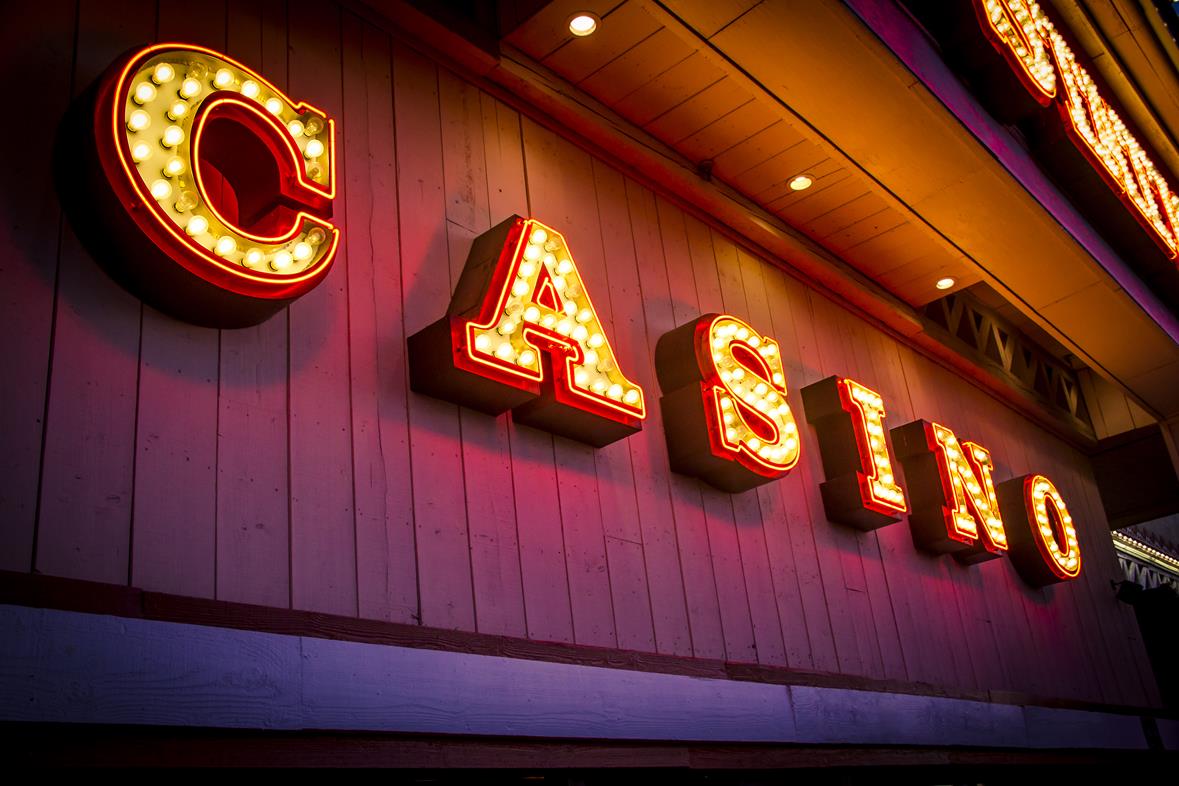
Casino games have fascinated enthusiasts for centuries, drawing them into a world of excitement, chance, and prosperity. From the sparkling lights of video slots to the strategic intensity of poker games, these activities offer a special mixture of entertainment and hazard. However, below the facade of this glitz and style lies a intricate connection of mathematics that shapes every result and choice made within the gaming hall.
Comprehending this connection between gambling games and mathematics not just boosts the player’s journey but may also help players make informed choices. Whether you are a casual player or a passionate enthusiast, recognizing the math concepts at play can offer important understandings into probability, ratios, and approaches, finally affecting how one approaches these chance games.
Arithmetic Likelihood in Betting
In the realm of gambling games, statistical probability plays a critical role in determining results and informing gambler decisions. Every activity has a specific set of rules and a specific probability model that affects its mechanics. For instance, in activities like the roulette wheel, players must grasp the probabilities of hitting a particular digit or shade. The likelihood of specific events happening can be assessed, and this understanding can substantially affect betting strategies.
Players also need to be aware of the casino advantage, which is the mathematical benefit that casinos hold over gamblers in the long term. This advantage varies across different activities. In blackjack, skilled players can use tactics to reduce the house edge to as little as 1 percent, while in games like slot machines, the house edge can be significantly greater. Comprehending the house edge allows gamblers to make educated decisions about which activities to play and the amount to bet.
Moreover, likelihood is essential in the concept of risk versus gain in gambling. Every wager carries a particular danger factor, and gamblers must consider the potential payout against that risk. Games like the poker game require gamblers to not only calculate the odds of their personal showing winning but also to assess the probabilities of their rivals’ hands. By applying mathematical concepts to their gameplay, players can improve their chances of success and engage more strategically in the exciting world of casino activities.
Expected Value in Gambling Games
When talking about gambling activities, one of the basic concepts rooted in mathematics is the expected worth. This numerical metric helps players grasp the potential outcomes of their wagers over a period. In simple terms, expected worth (EV) determines the average amount a player can anticipate to gain or suffer per bet if they were to play the activity repeatedly. Each activity has its own EV, influenced by the probabilities and the casino advantage, which signifies the advantage that the gambling establishment holds. BET88
For example, consider a activity like roulette. The anticipated worth can be derived based on the specific wager made. If a player bets on a individual number, the return is 35 to 1, but the true odds of winning that wager are 1 in 37 (in Euro the roulette game). This leads in a negative expected worth, indicating that, on average, players will incur a loss money over a period when playing this kind of bet. Understanding this concept allows gamblers to make more informed choices about which games and bets may be more favorable.
Moreover, the investigation of anticipated worth can lead to improved money management. Gamblers who understand the mathematics behind their games are often able to set practical expectations. By recognizing their possible deficits and profits, they can adjust their gambling strategies appropriately, which may improve their total gaming experience. As a result, expected value serves as a critical tool for both beginner and seasoned players to steer through the frequently unpredictable character of casino activities.
Strategies and Chances: The Math Behind Winning
In gambling games, understanding the probabilities is vital for players looking to maximize their opportunities of success. Each game has its own distinct set of odds that dictate successful performances, and these numbers are often presented in the gaming rules or reward charts. For case, in games like 21, players can improve their odds through strategies such as tracking cards, which relies on mathematical principles to gain an upper hand over the casino. By educating themselves with the chances, participants can make more educated decisions on when to place bets and when to give up.
Additionally, the principle of expected value plays a critical role in casino strategies. Expected value determines the typical outcome of a stake over a period, allowing players to evaluate whether a certain wager is valuable taking. For instance, video slots have a specific payout percentage, which can suggest the average payout a gambler can look for on their stakes. By selecting activities with greater payout percentages, participants can minimize the house advantage, maximizing their possible rewards in the future.
Finally, successful participants often employ a blend of chance and mathematical strategy to boost their gaming experience. While luck is uncontrollable, managing a betting strategy based on mathematical insights can lead to more positive results. By employing techniques such as money management and choosing games, gamblers can apply math to maneuver through the random nature of gambling activities, making the most of their investments and investments at the tables.
